THE famous Russian revolutionary Vladimir Lenin rightly remarked that there are decades where nothing happens, and there are weeks where decades happen. This aptly captures the whirlwind pace of Donald Trump’s first week in the White House.
His flurry of executive orders — ranging from the declassification of John F. Kennedy, Robert F. Kennedy and Martin Luther King Jr assassination files to the removal of security clearances and Secret Service protection for certain former officials — has been astonishing. Additi-onally, decisions such as withdrawing the United States from the World Health Organisation (WHO) and banning central bank digital currencies (CBDCs) highlight the rapid and disruptive nature of his plans.
The next four years under Trump promise to be nothing short of turbulent. Some nations might seize opportunities in this shifting global order, while others may face severe economic challenges. A case in point is Trump’s handling of Colombia.
When Colombian authorities refused to accept a US aircraft deporting illegal immigrants, Trump retaliated by threa-tening visa bans for Colombian officials and a 25 per cent tariff hike, potentially doubling to 50pc. This episode underscores the unpredictable and transactional approach shaping this era.
Are we witnessing the resurgence of national capitalism? Trump’s tariff polic-ies are aimed at repatriating industries and jobs, encouraging domestic production over outsourcing. Geopolitical shifts increasingly push nations to prioritise economic self-reliance and reinvestment of wealth within their borders. French President Emmanuel Macron recently lamented that around £300 billion of European savings are invested abroad annually, while the United Kingdom’s chancellor echoed similar concerns as well.
Trump’s presidency draws parallels with Herbert Hoover’s tenure (1929-33). Hoover, like Trump, was a businessman who championed tariffs to protect domestic industries. His 1930 Hawley-Smoot Tariff Act increased tariffs on imported goods by 50pc, aiming at bolstering home-grown manufacturing. However, retaliatory tariffs from foreign countries caused trade volumes to plummet, exacerbating eco-nomic hardships and a global depression.
Where does Pakistan fit into this new global landscape? Decision-makers must recognise that the international order is evolving rapidly, with a ‘new sheriff in town’. Our fragile economy cannot afford missteps in navigating this shift.
Undoubtedly, strategic foresight and economic diplomacy are crucial to safeguarding Pakistan’s interests and leveraging opportunities in this era of economic nationalism. Failure to adapt could have dire consequences for our already precarious economic situation.
Adil Hanif Godil
London, UK
Published in Dawn, January 30th, 2025

















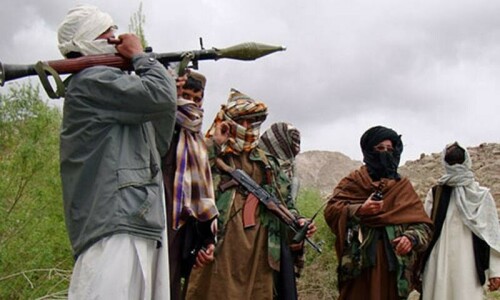




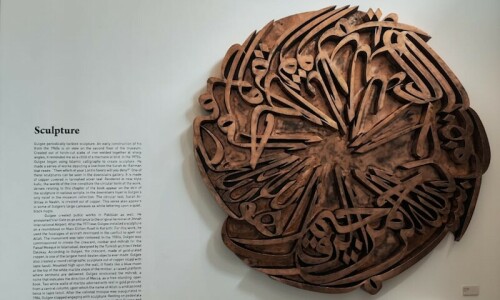











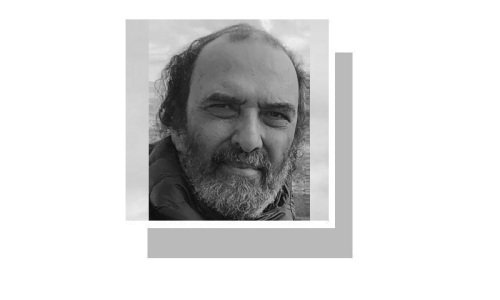


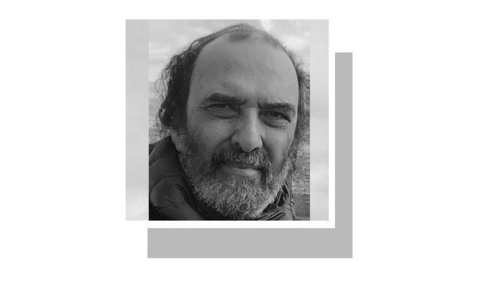
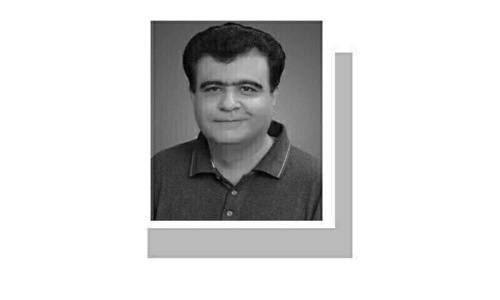







Dear visitor, the comments section is undergoing an overhaul and will return soon.